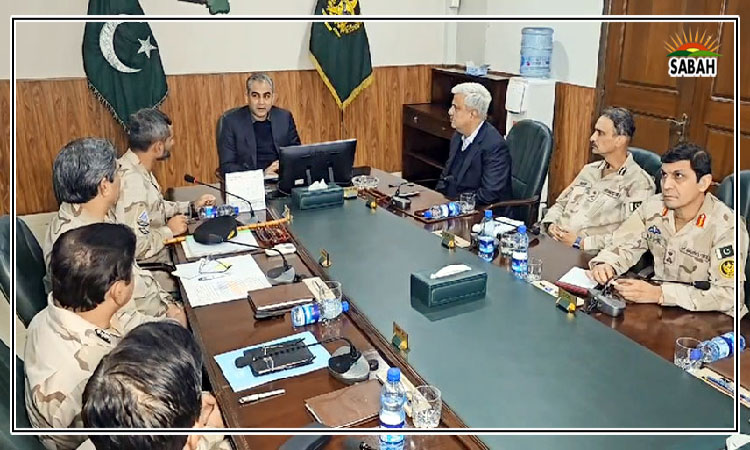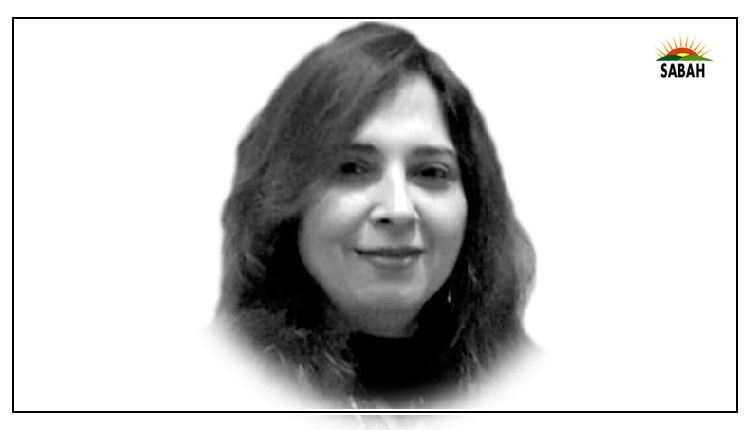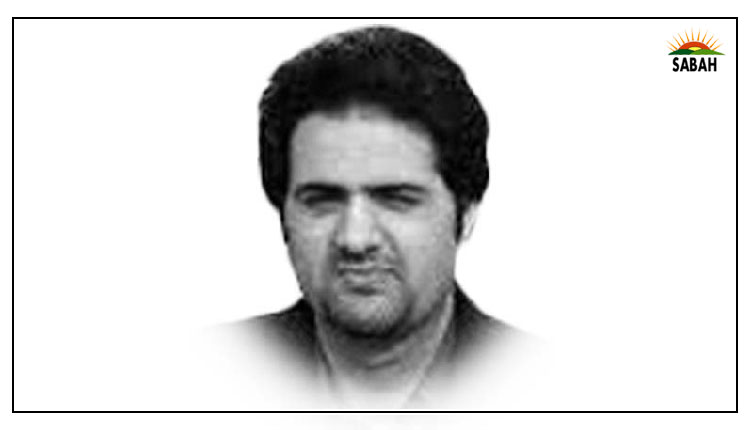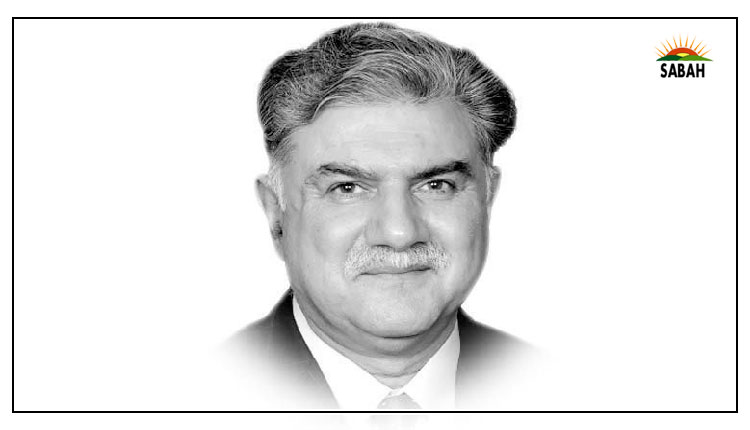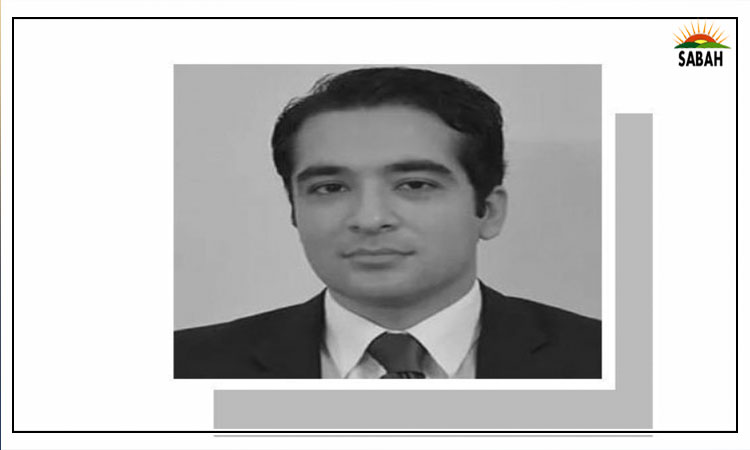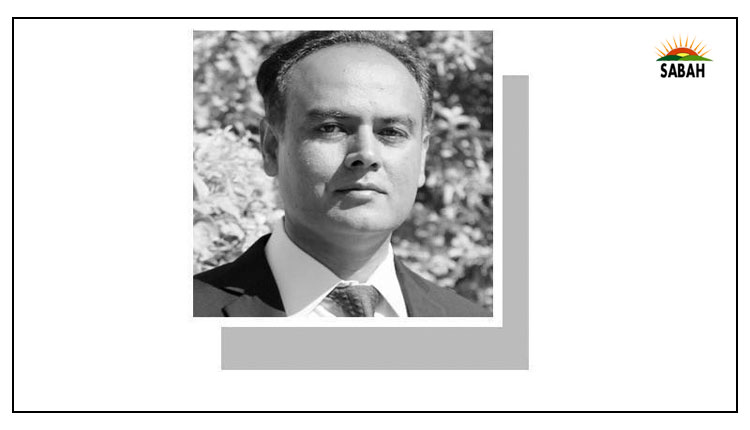War or peace…Rashad Bukhari
THE world is divided into two spheres, ie the House of Peace, which includes countries running their governance systems according to Islamic principles, and the House of War, where Muslims do not enjoy peace and security or are not free to practise their religion. This argument commonly used by extremists does not justify terrorism on any grounds. Those who back this opinion as a cover to commit acts of terror today are neither aware of its history nor the geopolitical context in which it emerged.
The two terms were first used by the eighth-century imam and jurist, Abu Hanifa. He had defined the House of Peace and House of War in the context of the political divisions of that time. These concepts had not been drawn from the Quran or hadith. For example, in response to the Mongol invasions of Muslim lands, 14th-century Islamic scholar Ibn Taymiyyah also used these terms to justify the use of force against the unjust and authoritarian rule of leaders if their aim was to re-establish a system of law based on Islamic principles. Against this backdrop, linking Islam with the informal decrees of that time does not qualify these concepts being used in todays circumstances.
Interestingly, the people claiming to perform acts of terrorism today in the name of Islam dont even consider Muslim-majority countries as being in the House of Peace. According to them, since such countries do not fully implement Islamic laws, they do not fall in the category of the House of Peace. For them, the whole world is a House of War, thus they justify the killing of individuals in blatant disregard of Islamic principles. On the contrary, Islam clearly rejects the unlawful killing of civilians. The Quran says: If anyone kills a person unless in retribution for murder or spreading corruption in the land it is as if he kills all mankind (5:32).
Muslim combatants cannot target or harm non-combatants. Caliph Abu Bakr Siddique is reported to have ordered his army in very clear terms: Do not practise treachery or mutilation. Do not kill a young child, an old man, or a woman. Do not uproot or burn palms or cut down fruitful trees. Do not slaughter a sheep or a cow or a camel, except for food.
In the Islamic view, no individual or group can declare war.
The Islamic view of international law, as defined by many Islamic jurists, puts nations into five categories, and governs behaviour towards each. In the first category fall Muslim-majority countries with Muslim rulers, considered part of the House of Peace, whether or not Islamic laws are implemented domestically. Nations with which these Muslim-majority countries engage in a temporary peace treaty fall into the second category, the House of Truce. Their status is equal to those in the House of Peace, as long as a treaty is intact.
The third category, the House of Promise, includes countries with which there is a permanent peace treaty. The fourth category includes countries that are neither allies nor enemies. They are also subject to the treatment of nations in the House of Peace including the rights to life, property, honour, and freedom for all, regardless of religion, language, or race.
The fifth and last category is the House of War. It applies to states with which there is no peace treaty, which is currently at war with Muslim-majority states, and/or in which Muslims are unsafe. Some argue that this permits individual Muslims to use violence against these states or their inhabitants. Yet when it comes to nations in the House of War, there are rules of conduct.
In the Islamic view, no individual or group can declare war under any pretext. It is solely the prerogative of the state authority and only a last resort when all other options to restore peace fail. Islamic scholars need to take the responsibility to explain religious teachings and narratives contextualising modern thinking patterns and the challenges to states and societies in the form of extremism, violent extremism, and terrorism.
There is still light at the end of the tunnel that the tide of extremism can be controlled. The vulnerable youth, who are more prone to extremist rhetoric, have the religious justification to stand up to those falsely claiming to speak on behalf of Islam and restore its image as a peaceful religion. In this regard, the role of our policymakers is also more important since it is time to make legislation in the new context and implement the National Action Plan in letter and spirit. In fact, a fresh wake-up call to the nation to deal with this newly emerged wave of extremism, ie hidden in the garb of political activism, is the need of the hour.
Courtesy Dawn



